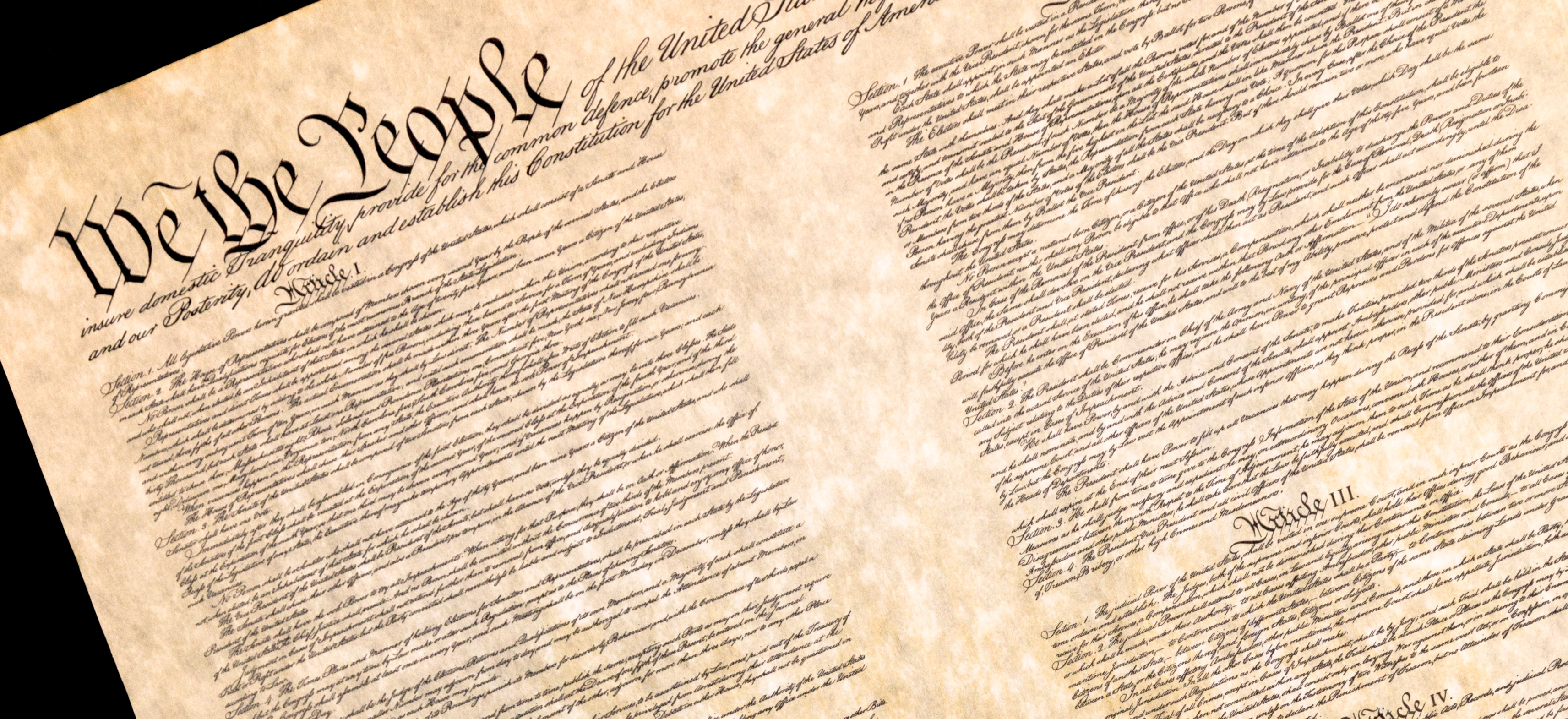
"A reminder from Jill Lepore to her country: The Constitution was built to be amended. In "We the People: A History of the U.S. Constitution," Lepore, David Woods Kemper '41 Professor of American History, returns to primary sources - from personal letters to official records - to show that the Framers expected Americans to tinker with and renew the document. As the book shows, generations of Americans were inspired to strive for corrections, improvements, and expansions of constitutional ideas and rights."
"The 1787 Philadelphia Convention was originally called to retool the country's previous frame of government, Lepore noted in a recent conversation about "We the People." "But the Articles of Confederation were effectively un-amendable and everyone there gave up on the idea," she said. "The delegates decided, no, we're just going to write a whole new constitution." The Founders recognized the need for an amendment provision, Lepore said. "It just needed to be better than the one in the Articles of Confederation, which required unanimous approval of all 13 states. So, they looked for a formula to make amendments easier - but not too easy.""
"The solution, contained in Article V, was the Framers' attempt at mathematical balance. Amendments can be proposed by Congress or state legislatures that call conventions. Passage requires supermajorities in both chambers of Congress, while ratification means approval by three-quarters of the states. A total of 27 amendments have been adopted, the most recent in 1992. "Nobody anticipated that it wouldn't work very well," said Lepore, who is also a professor at Harvard Law School and a staff writer for The New Yorker. "And it doesn't work at all anymore.""
The Constitution was created with an amendment mechanism because the Articles of Confederation proved essentially unamendable. Delegates at the 1787 Philadelphia Convention abandoned attempts to repair the Articles and instead wrote a new constitution that included Article V to allow structured amendment. Article V permits proposals by Congress or state-called conventions, requires congressional supermajorities for passage, and mandates ratification by three-quarters of the states. Twenty-seven amendments have been adopted, most recently in 1992. Generations of Americans have used amendment and reform efforts to correct, improve, and expand constitutional rights, but the contemporary amendment process functions poorly.
Read at Harvard Gazette
Unable to calculate read time
Collection
[
|
...
]